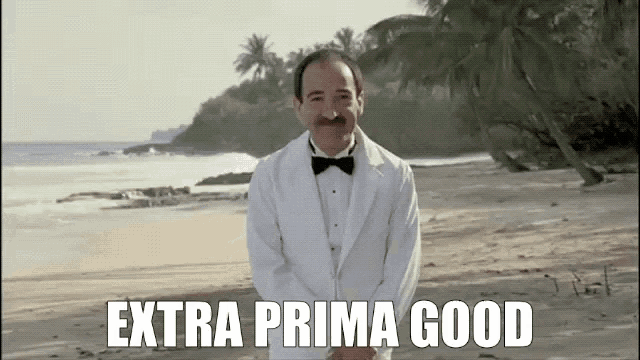I wish they hadn’t signed an easily foreseeable bad contract, but that’s life.
I would love for everything to go great for the Leafs. But if you get rid of the stakes it’s going to get pretty boring pretty fast.
Fair enough. I would just like to see more flexibility for teams when players are no longer meeting the performance the team initially paid for (sans injury). I mean, I get the PA would start a riot over such a statement but I lean toward equality and fairness when it comes to contracts. If I don't meet the requirements of my clients' contracts, I would be in breach and could lose the contract or get sued. An athlete does well for a year, gets the big deal, and pulls the rug out from the team making roster moves difficult? Nah, that bothers me. Campbell, Jarry, Marleau, Murray, Clarkson, etc are all situations I wish the teams had more flexibility.
And more so, that's just a general soap box statement. I certainly haven't dove into it enough to think through nitty gritty details so take it as the face value statement/complaint it is.
The cap number doesn’t even matter, it’s just a projection. At the end of the day the players get 50% of revenue whether that projection is met or not.
The only people not ready for this are the people who think payers value are paid by dollars and not the % of the cap.
The league is making money the cap goes up. Everyone gets 4 nations money. Everyone gets a piece of tv deals. Everyone in need (and meets requirements) gets revenue sharing. Nothing changes, just the dollars are going up.
I think you might be fooling yourself if you don't think actual dollars aren't tied to contract negotiations, team/league financial health, and the salary cap. I think what you just said is, at best, a woeful oversimplification of it. Perhaps the "NHL25 GM" outlook, if you will.
I think a major flaw in you thinking is the idea that “nothing changes, just the dollars are going up”. Players aren’t paid in percentages—they’re paid in real dollars, which have to come from somewhere. The NHL salary cap is directly tied to revenue, but revenue is not immune to global economic downturns, inflation, or market instability. Teams and owners still need actual cash flow to meet these obligations, and not every team is operating under the same financial conditions (even with revenue sharing).
Even though the cap is rising, that doesn’t mean every team will have the same spending power. Smaller-market teams may still struggle to keep up. Revenue-sharing helps, but it doesn’t guarantee teams will spend to the cap if ownership is feeling financial strain. If ticket sales decline due to economic hardship or major sponsors pull back or if GMs sign a bunch of high dollar contracts for middling players creating a mediocre team with limited flexibility, real revenue could suffer which impacts how much teams are actually willing to spend. And while contracts are technically tied to cap percentages by simple math, players still get paid in real-world dollars that can be affected by currency fluctuations, particularly for Canadian teams, especially given how weak the Canadian dollar is right now against the US dollar.
Now at the end of the day, this is really about getting players more money and I get that and I support it. I would just rather see it done in other ways rather than a salary cap that is inflated too quickly. For example, I would rather see the NHL and NHLPA negotiate to reduce escrow withholding rather than just raising the salary cap. This would put more guaranteed money into players’ pockets immediately rather than waiting for a year-end revenue reconciliation.
For example, if players currently lose 6-10% of their salaries to escrow, but revenue growth ensures the league will hit projections, escrow rates could drop, allowing players to take home a higher percentage of their contracted salaries.
I think a balance of raising the cap modestly but reducing escrow withholdings would be a better overall way to do it. I believe that is a more "sustainable" growth model given the behavior of GMs, especially on July 1st.


